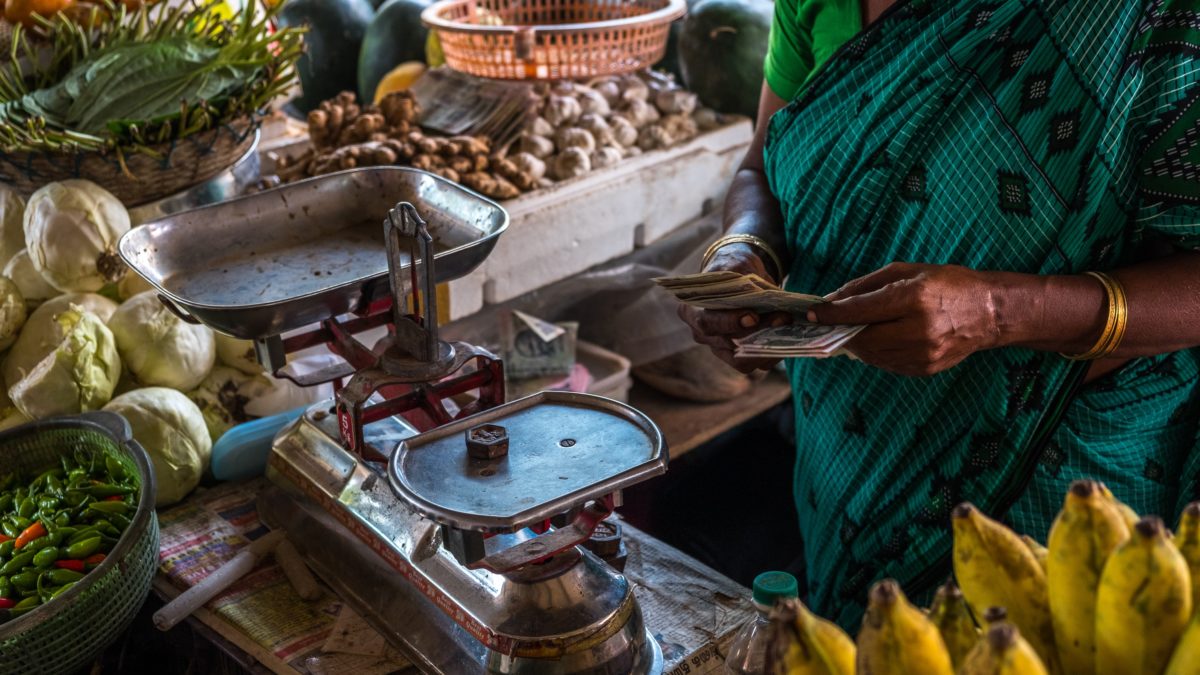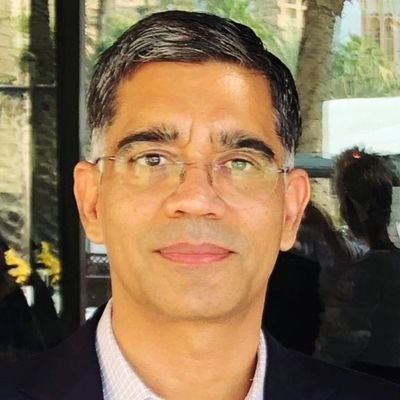
That’s the view of Ajay Vir Jakhar, who’s a citrus farmer in Punjab, India, a government adviser, a magazine editor and the chairman of the Bharat Krishah Samaj (Farmers’ Forum India), a non-partisan association advocating for farmer prosperity.
Stemming from generations of farmers, Jakhar has his feet firmly planted in the soil and his ear to the ground. The West is asking the wrong questions and tilting at windmills in its quest to avoid food shortages, he says.
Focusing on doubling food production by 2050 is pointless since the world is producing enough food now and will for years to come, according to Jakhar. The real problem lies in how to ensure consumers make the right choices about their diets and that farmers are paid for their labor.
“The crisis is not about our ability to feed ourselves as a human race,” Jakhar tells EAT. “It is about consumer choices – what we eat and what we waste – as well as access to food.”
It’s also about the welfare of smallholder farmers across the world that are struggling to make a living. This is in part because of consumer preferences and government policies that put a strain on the land and the prices farmers get for their products, according to Jakhar, who is a speaker next week at the EAT Stockholm Food Forum.
“There is a big disconnect between what farmers and policy makers are thinking,” he says. “Policymakers and academics seek to double production, but smallholder farmers’ primary concern is their inability to sell food at prices that will give them a satisfactory living.”

Farmer Exodus
More than two-thirds of the world’s poor live in rural areas where agriculture is the main source of livelihood, according to a 2013 report by IFAD and UNEP. Increasing fragmentation of landholdings, coupled with reduced investment support and marginalization of small farms, are impacting the livelihoods of many smallholders, who manage more than 80 percent of the world’s estimated 500 million small farms.
In India, the majority of farmers are trying to get out of the profession as there’s not enough work to provide a livelihood, according to Jakhar. This is in turn putting pressure on society, with more and more migrants flocking to cities to find work. India’s Economic Survey 2016-2017 estimates that close to 9 million people a year migrated between the country’s states for work-related reasons between 2011 and 2016.
This pattern isn’t limited to India. Jakhar expects the number of smallholder farmers – as a percentage of a country’s population – to decline by about 25 percent globally over the next 20 years.
Climate change and land degradation are among the major challenges smallholder farmers face, but they are also up against a consolidation of the whole value chain for food that has left them increasingly marginalized. Over the next two decades this process will accelerate and ultimately governments will lose their ability to control food prices, according to Jakhar.While this may benefit consumers in terms of lower prices, it will leave the remaining farmers at the mercy of dominant companies in control of a global industry.
“This is happening and the consequences need to be thoroughly understood,” he says.
The industrialization is also, according to Jakhar, supporting monoculture farming systems that destroy biodiversity. This is being further compounded by large companies’ marketing practices, which are driving consumers to make poor choices for their diets.
There is a big disconnect between what farmers and policy makers are thinkingAjay Vir Jakhar
Red Meat Tax
Part of this is now being recognized in the West in the discussion on eating red meat and its effects on health and the environment. But this is purely a western problem, according to Jakhar. Meat production is largely sustainable in places like India and Africa, not to mention that a large swathe of the Indian population is vegetarian, he says.
That doesn’t mean he doesn’t have at least part of a solution to tackle the West’s red meat problem, suggesting an “environmental tax” on red meat production.
But ultimately, for Jakhar, the real issue isn’t red meat.
“Many of the questions being asked aren’t relevant outside of the West. The conversation needs to be reframed.”